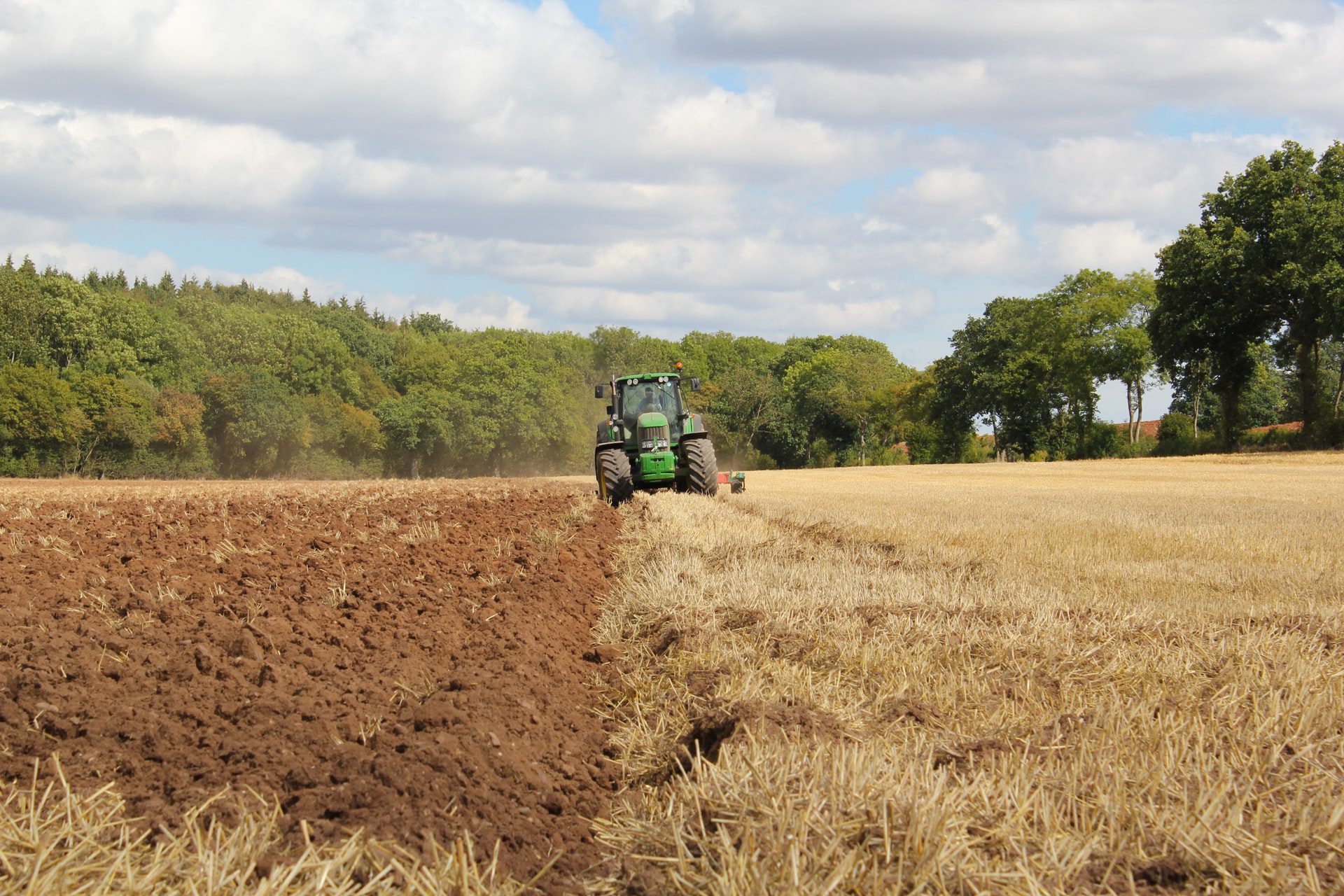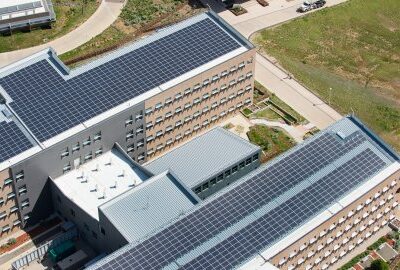According to Science magazine, reaching global climate goals set forth in the Paris Agreement will require large-scale changes to our agricultural system. Many farmers and food producers are ready to answer that call.
Major food companies such as Danone, Stonyfield, General Mills, and Walmart have pledged to reduce their carbon emissions by moving towards regenerative farming methods that store carbon in the soil. Stonyfield alone has committed to a 30 percent reduction in carbon by 2030, or the equivalent of taking 14,000 cars off the road annually.
A science-based collaborative organization called OpenTEAM is helping farmers and agricultural producers meet their carbon sequestering goals and striving to improve soil health along the way. The Open Technology Ecosystem for Agricultural Management (OpenTEAM) is the first open-source technology system dedicated to advancing agriculture as a solution to changing climate.
Climate experts mostly agree that carbon sequestering in the soil is a necessary step in reducing emissions in the agricultural sector, but there are still underlying implementation questions and concerns. Stored carbon can be easily released, such as when farmers plow their fields, so the longevity of the practice needs further research. Experts don’t know how long sequestered carbon actually remains sequestered. OpenTEAM hopes to address these and other questions through quantitative data collection.
“We are inspired by the level of collaboration, leadership, and vision our OpenTEAM partners have provided,” said Dorn Cox, research director at Wolfe’s Neck Center for Agriculture and the Environment, one of OpenTEAM’s partner organizations. “Through the power of open technology, we aim to make what was invisible visible and in so doing the unvalued valuable.”
The idea for OpenTEAM began in 2015 when Danone – Stonyfield’s former parent company – partnered with Wolfe’s Neck Center to figure out how a dairy farm could become carbon neutral and establish ways to measure and quantify such an achievement. Things quickly blossomed from there: “The idea morphed from a demo site that would potentially help Danone and Stonyfield to a global collaboration that could help everybody,” said Dave Herring, executive director at Wolfe’s Neck.
Arohi Sharma, policy analyst at the Natural Resources Defense Council (NRDC), is glad companies are making efforts to move toward regenerative farming practices and store carbon in the soil, but she hopes this isn’t just a passing phase. “Regenerative agriculture is not something that will be done in three or five years, not even 10 years. It’s a lifelong commitment that farmers and ranchers are taking,” she says. “I hope these companies go for the long term.”
How food companies carry out their carbon reduction pledges is important. Transparency, public reporting, and third-party oversight are key, and OpenTEAM seems committed to helping provide accountability.
Stonyfield’s director of organic and sustainable agriculture Britt Lundgren says the longevity of sequestered carbon practices is “a fair question” but is hopeful that OpenTEAM can help food producers stay on track. “When you combine things like remote sensing with on-the-ground record-keeping and measurement you can have a continual picture of what’s happening at an efficient cost,” Lundgren said. “These solutions aren’t guaranteed to be permanent, but even so, I think they can be an important sink for carbon at a time when we need all the solutions we can get.”





